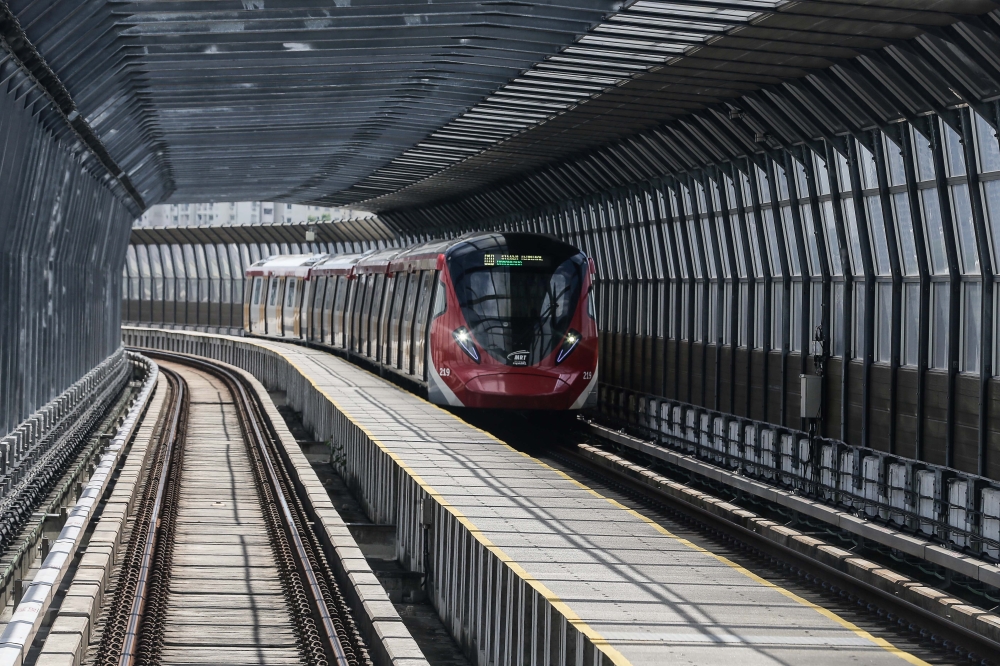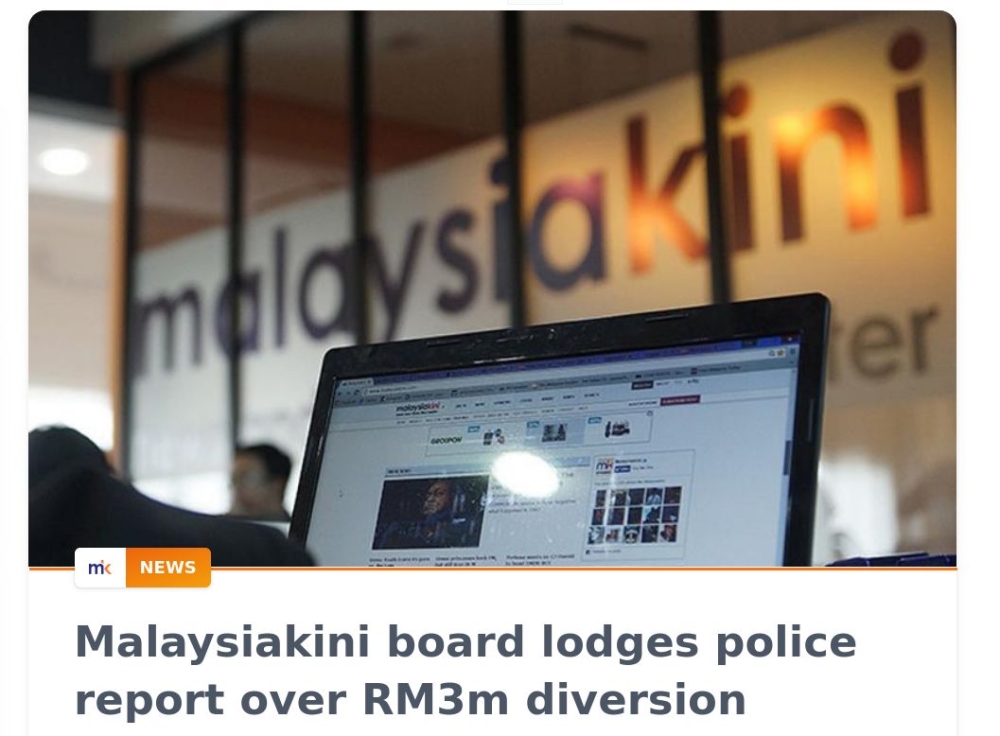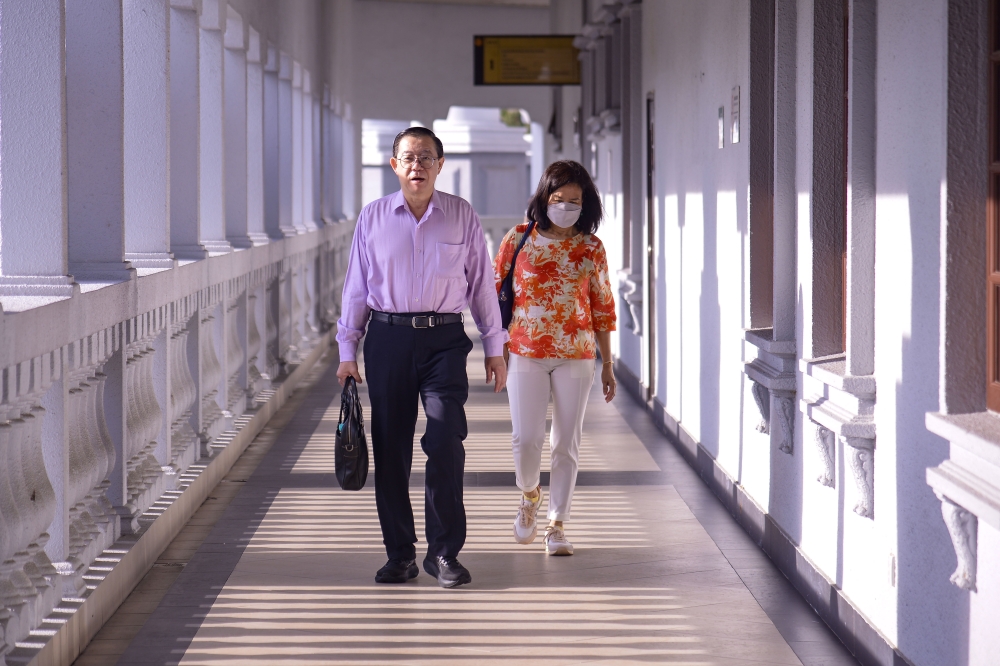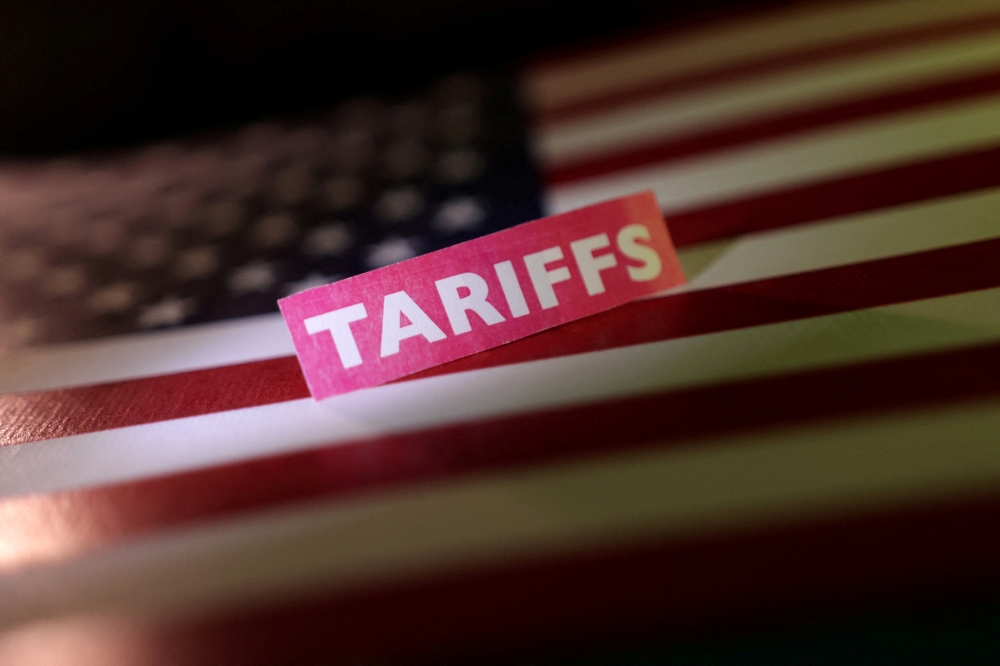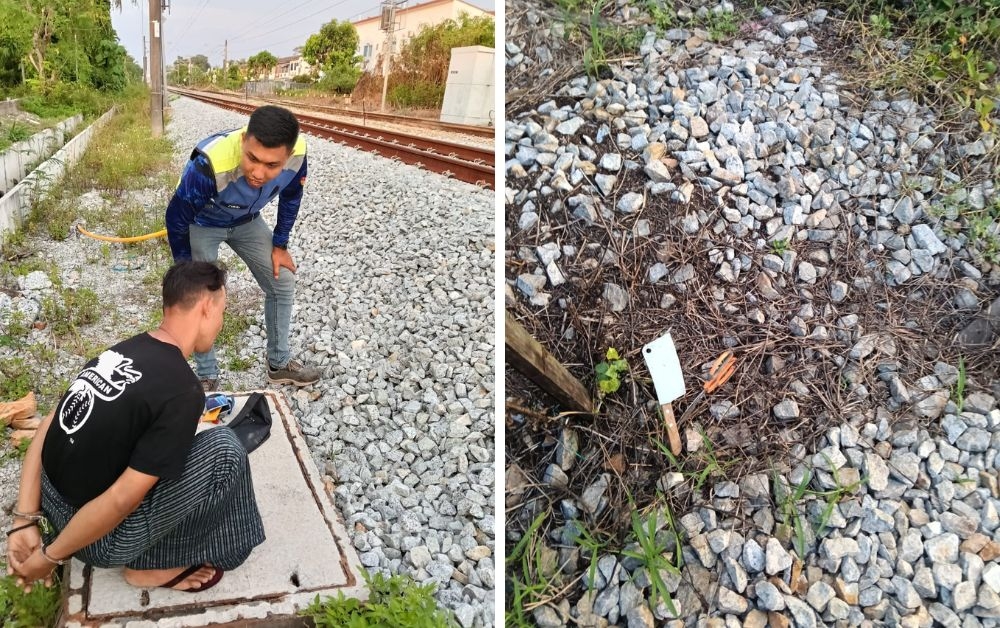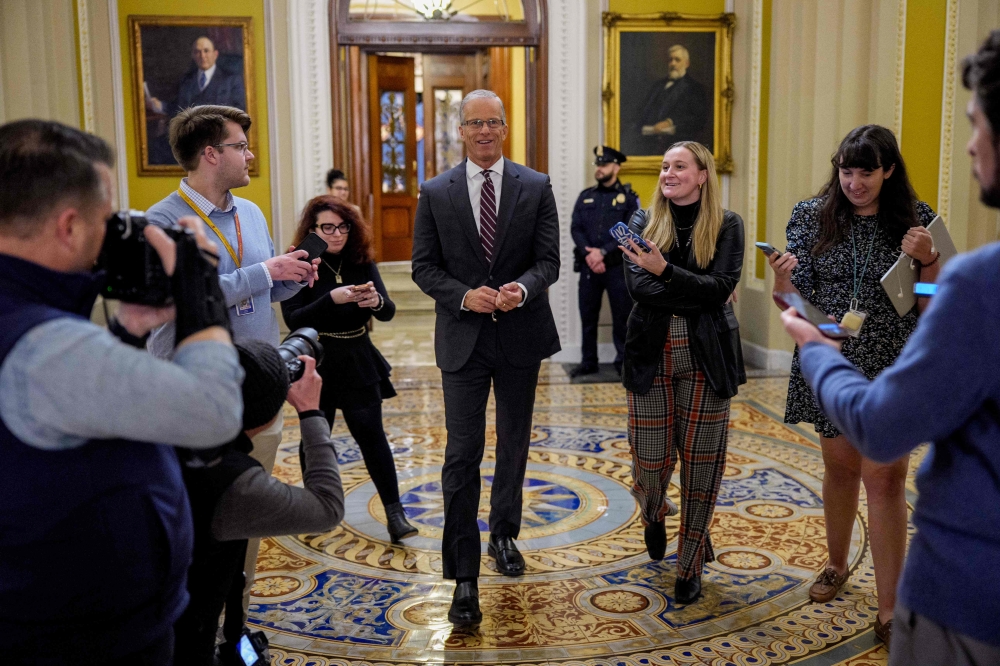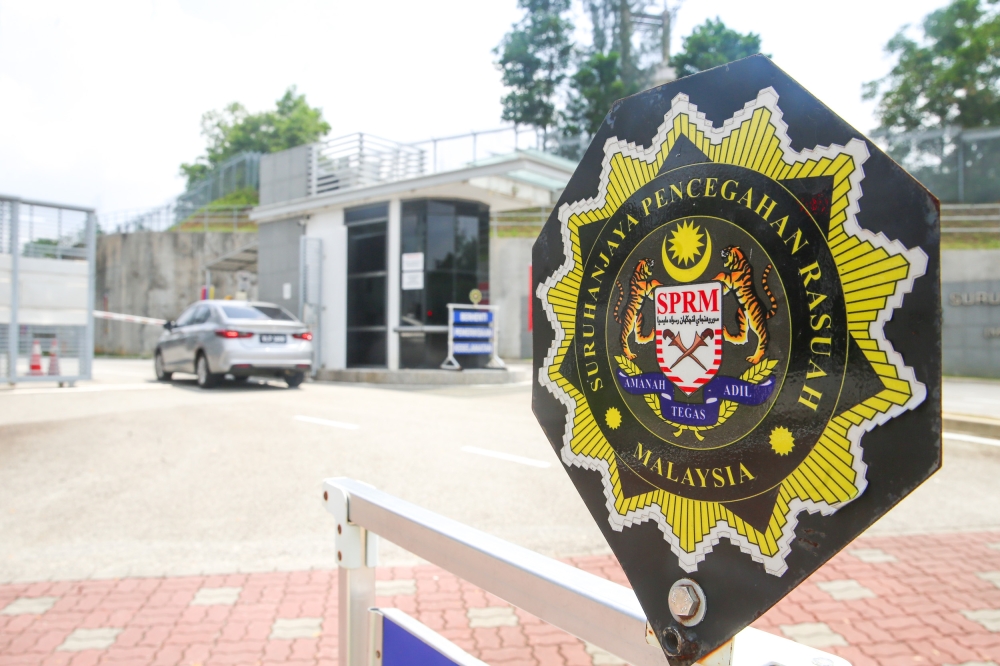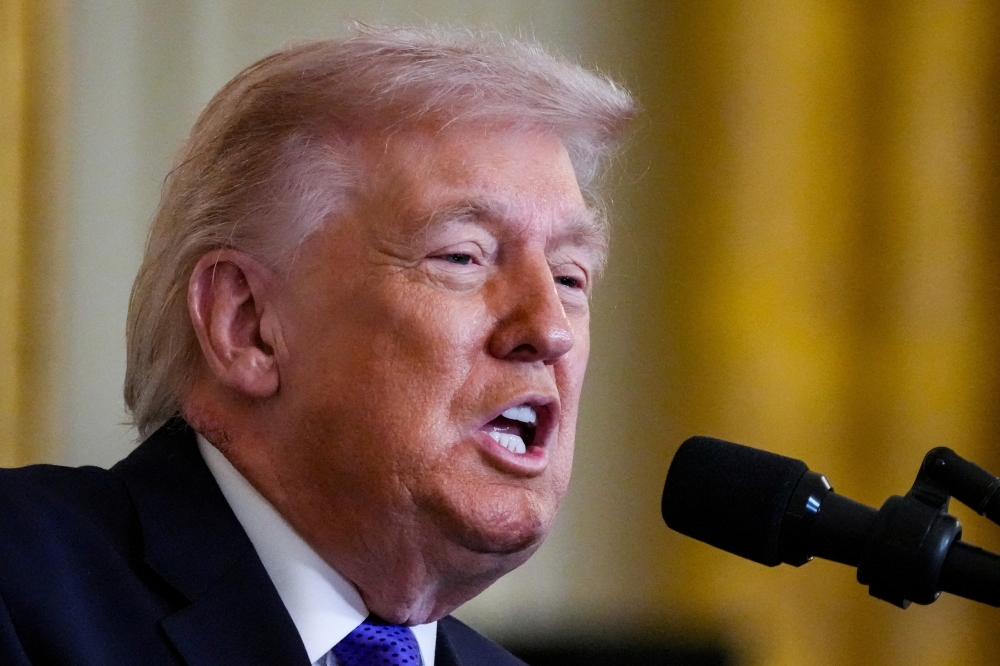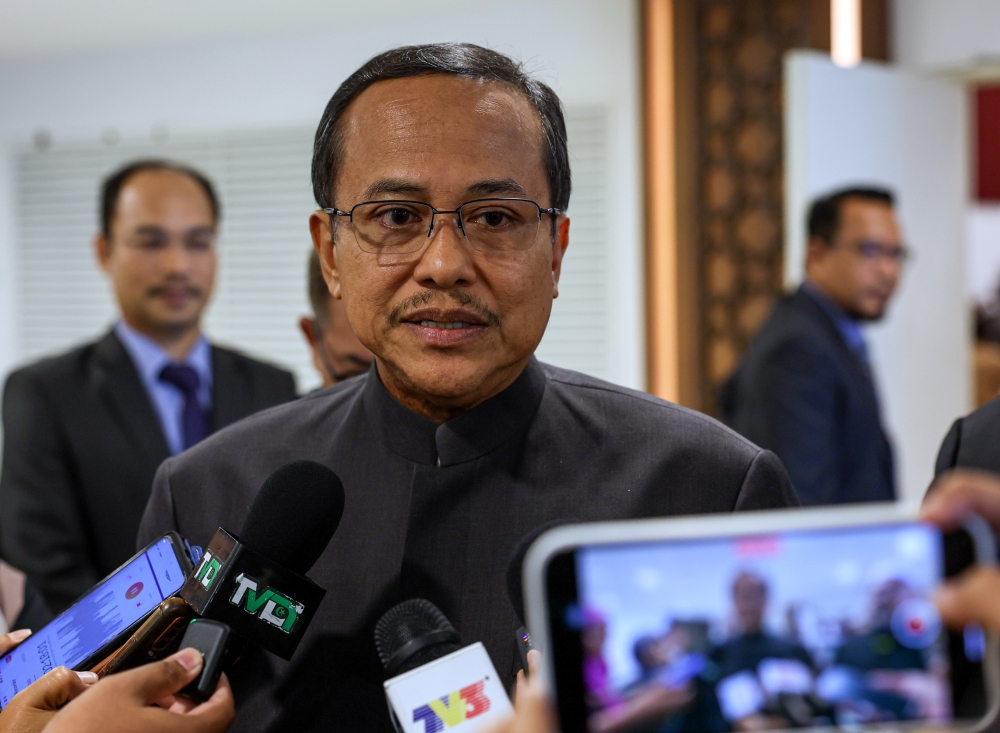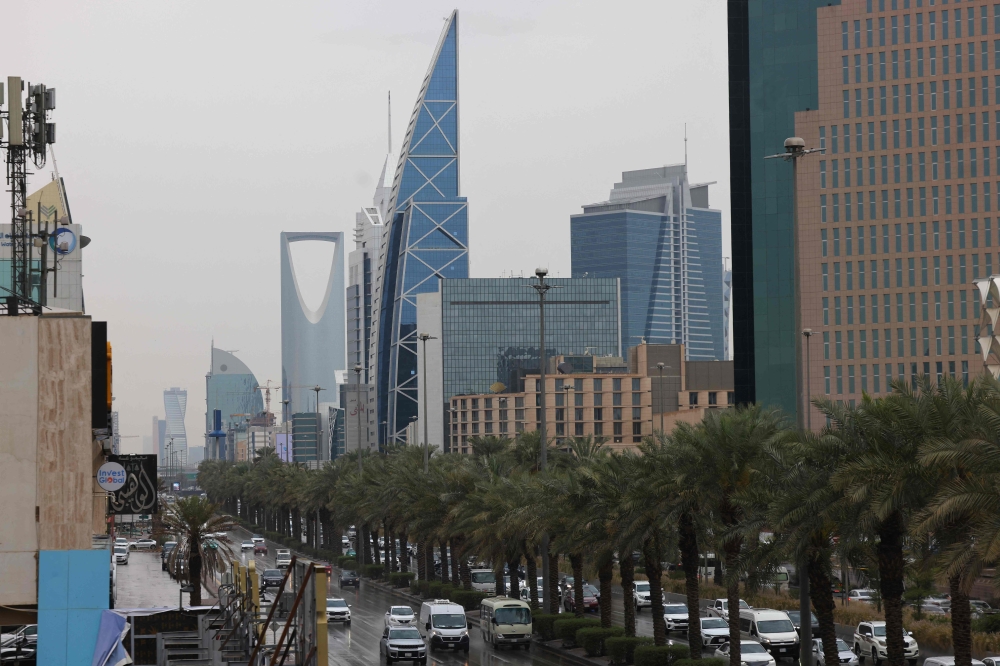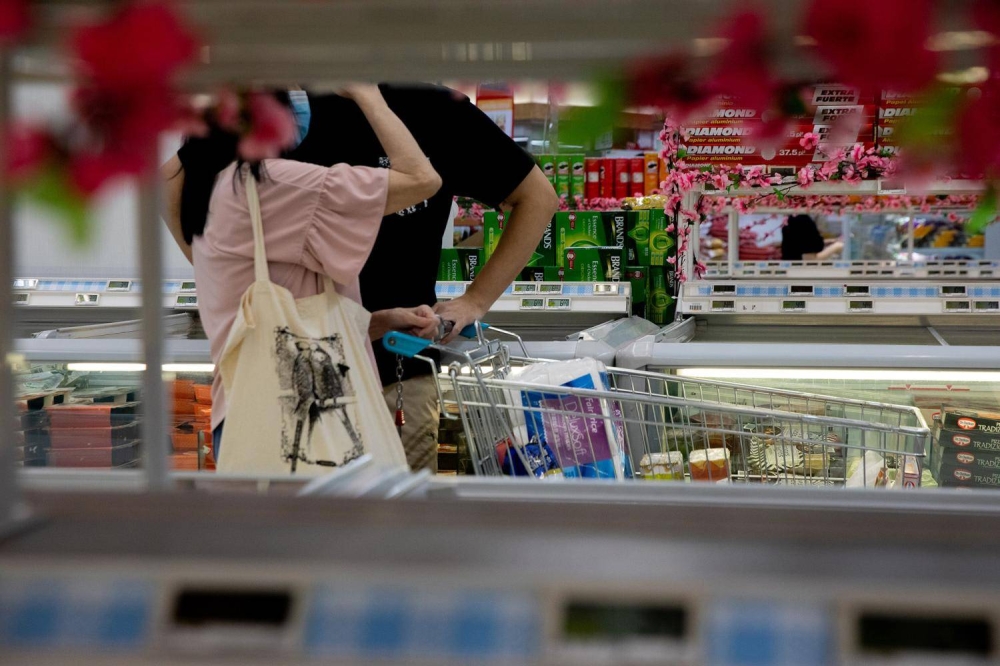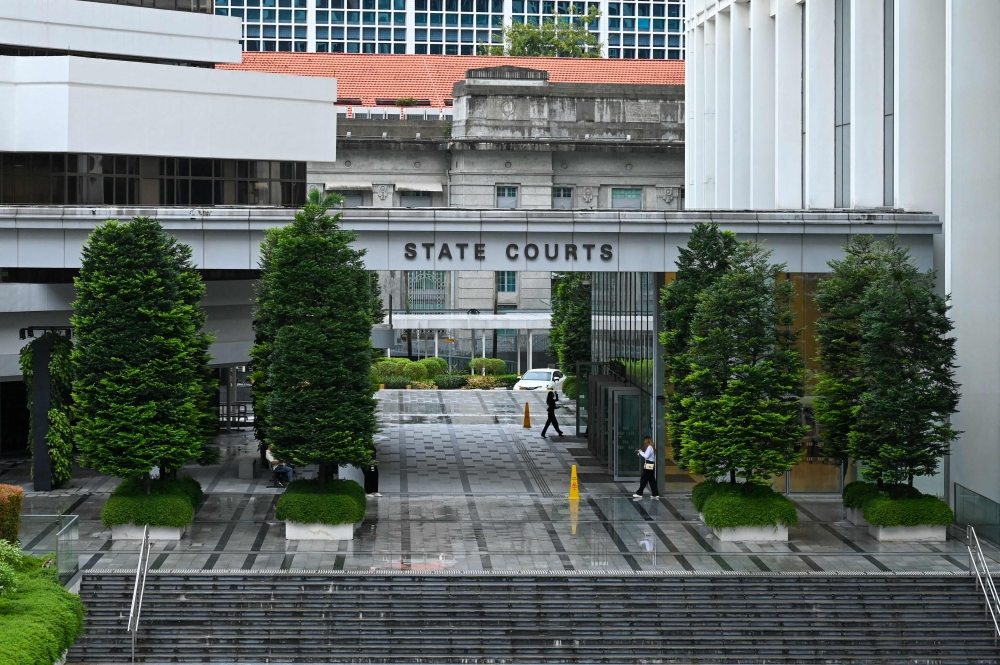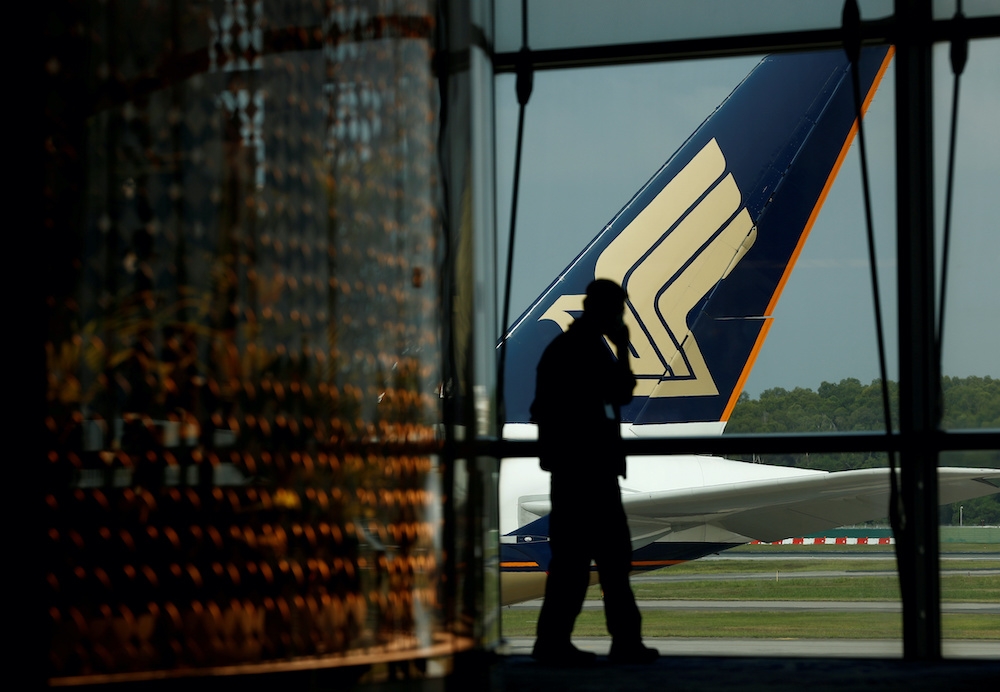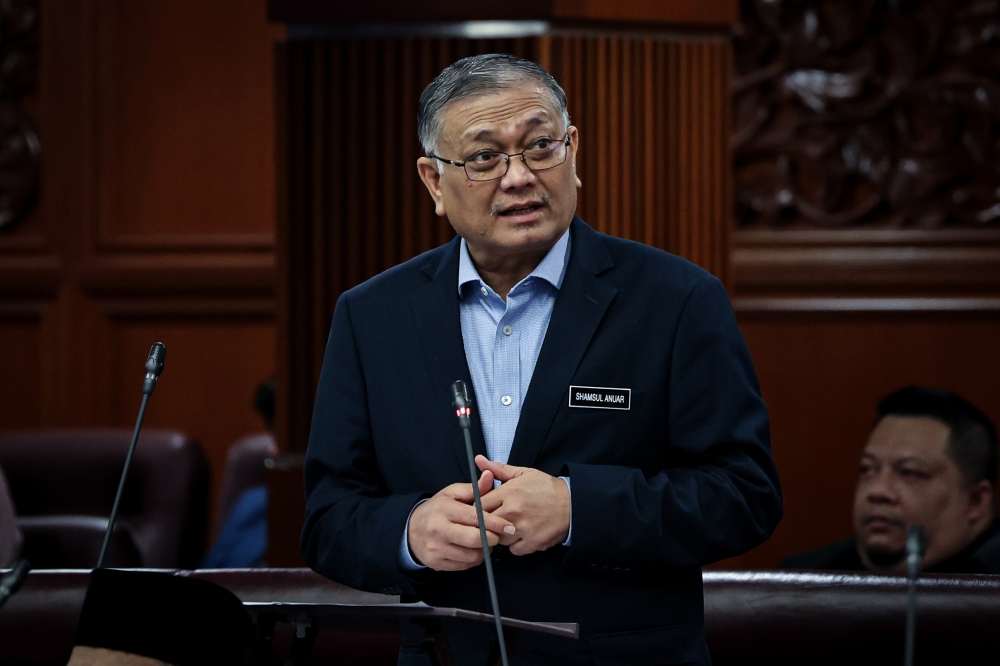SINGAPORE, July 5 — Any delay in increasing the Goods and Services Tax (GST) would be “highly irresponsible” since it would put Singapore at risk of a persistent structural funding gap, which would continue to widen year by year, Deputy Prime Minister Lawrence Wong said.
This is because the government is expecting its spending to increase, largely driven by the rapidly ageing population and healthcare expenditure, Wong, who is also Finance Minister, said in Parliament yesterday (July 4).
The government expects its spending to rise to 20 per cent of annual economic output, or gross domestic product, by 2030 — up from 18 per cent now, Wong said, restating a point he made in February during his Budget speech.
“There are cost increases, higher prices, lots of constants and anxieties, and we will do our best to deal with them. But we cannot neglect the medium- and longer-term challenges either,” he added.
Wong was responding to Yip Hon Weng, Member of Parliament (MP) for Yio Chu Kang, who asked about the consequence of delaying the first of a two-stage GST hike that will raise the tax from 7 to 8 per cent from January 1 next year. The GST rate is set to then rise to 9 per cent in 202.
Several other MPs had tabled similar questions about the rising cost of living that businesses and households face in the midst of rising inflation and about the S$1.5 billion support package introduced last month.
Wong noted that during this year’s Budget, a S$6.6 billion (RM20.9 billion) Assurance Package was set aside to cushion the majority of Singaporean households from the impact of the GST hike for at least five years, and by about 10 years for lower-income households.
“Let me be clear. Taking into account the latest inflation, the latest higher prices, this assurance still holds today,” Wong said yesterday, adding that the Assurance Package was designed with a buffer in case of higher inflation.
“If need be, we will further enhance the Assurance Package to uphold the commitment.” Wong added that the Monetary Authority of Singapore (MAS) had also pre-emptively tightened monetary policy to dampen imported inflationary pressures.
This has had some success, Wong said. He is also deputy chairman of MAS.
Non-cooked food prices in Singapore have risen 3 per cent year-on-year in the first three months of this year, compared to a 20.3 per cent year-on-year jump in global food prices during the same period.
For energy-related components in Singapore’s consumer price index, they rose 13.6 per cent from January to May, as global energy prices rose 27.5 per cent.
-Room for further support?-- Referring to a news report, Leader of the Opposition Pritam Singh noted that the government’s tax collections for the last fiscal year was 10.5 per cent higher than 2019, which was before the Covid-19 pandemic. Stamp duty collection from property transactions rose 61 per cent over the same period, he added.
He then asked for Wong’s assessment of the government’s fiscal position and questioned if the government has the capacity to introduce more cost of living support measures for lower- and middle-income earners.
In reply, Wong acknowledged the higher-than-expected tax collections from property and vehicle transactions. Government spending was also lower-than-expected because the Covid-19 Omicron infection wave turned out to be milder than anticipated, he added.
That was exactly how the government was able to mount the recent S$1.5 billion support package without exceeding its budget.
“But let’s not count on these once-off instances to fund out longer-term structural spending increases,” Wong added.
In response to another question from Yip about whether the government is “adaptable enough” to reconsider the GST hike or take further measures if there should be a global recession, Wong said that the government does not foresee there being a recession or stagflation next year.
However, the situation is volatile and unpredictable and the Government will adjust its approach and measures if the need arises, he added.
When Saktiandi Supaat, MP for Bishan-Toa-Payoh Group Representation Constituency, asked if there were thresholds that would require the Government to dole out another support package, Wong said, though, that the economy is already operating at slightly above potential.
“If we were to give excessive fiscal injections, it may end up being counterproductive and cause inflation to go higher,” Wong cautioned. ― TODAY


